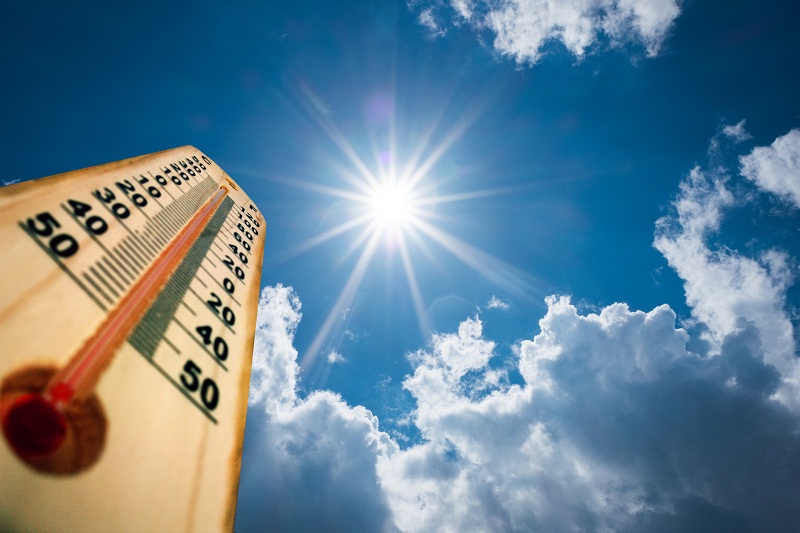
Picture for representational purpose only. iStock
Beijing, March 9
Summers in the Northern Hemisphere may last for six months by 2100 without efforts to mitigate climate change, which could have far-reaching impacts on agriculture, human health and the environment, says a study.
The research, published in the journal 'Geophysical Research Letters', found that the Mediterranean region and the Tibetan Plateau have experienced the greatest changes to their seasonal cycles.
The researchers noted that the four seasons arrived in a predictable and fairly even pattern in the Northern Hemisphere during the 1950s.
However, climate change is now driving dramatic and irregular changes to the length and start dates of the seasons, which may become more extreme in the future under a business-as-usual climate scenario, they said.
"Summers are getting longer and hotter while winters shorter and warmer due to global warming," said lead author Yuping Guan from the Chinese Academy of Sciences.
The researchers used historical daily climate data from 1952 to 2011 to measure changes in the four seasons' length and onset in the Northern Hemisphere.
They defined the start of summer as the onset of temperatures in the hottest 25 per cent during that time period, while winter began with temperatures in the coldest 25 per cent.
The team used established climate change models to predict how seasons will shift in the future.
The study found that, on average, summer grew from 78 to 95 days between 1952 to 2011, while winter shrank from 76 to 73 days.
Spring and autumn also contracted from 124 to 115 days, and 87 to 82 days, respectively.
Accordingly, spring and summer began earlier, while autumn and winter started later.
If these trends continue without any effort to mitigate climate change, the researchers predict that by 2100, winter will last less than two months, and the transitional spring and autumn seasons will shrink further as well.
"Numerous studies have already shown that the changing seasons cause significant environmental and health risks," Guan said.
The researchers said, for example, birds are shifting their migration patterns and plants are emerging and flowering at different times.
These phenological changes can create mismatches between animals and their food sources, disrupting ecological communities, they said.
Seasonal changes can also wreak havoc on agriculture, especially when false springs or late snowstorms damage budding plants, according to the researchers.
With longer growing seasons, humans will breathe in more allergy-causing pollen, and disease-carrying mosquitoes can expand their range northward, they said. PTI
Join Whatsapp Channel of The Tribune for latest updates.



























